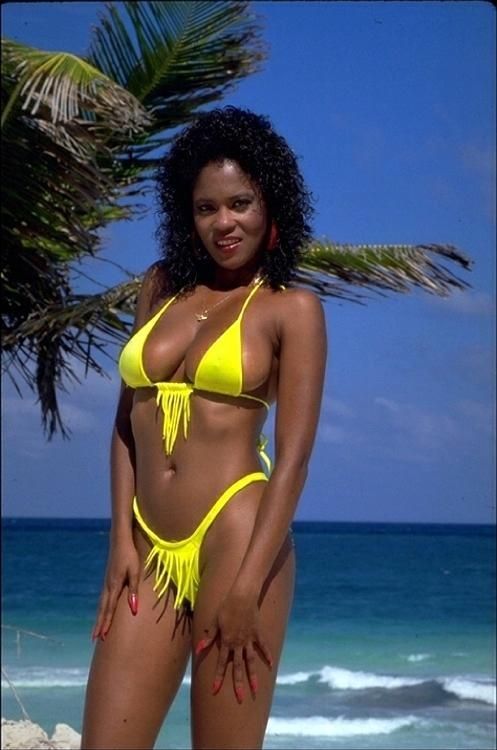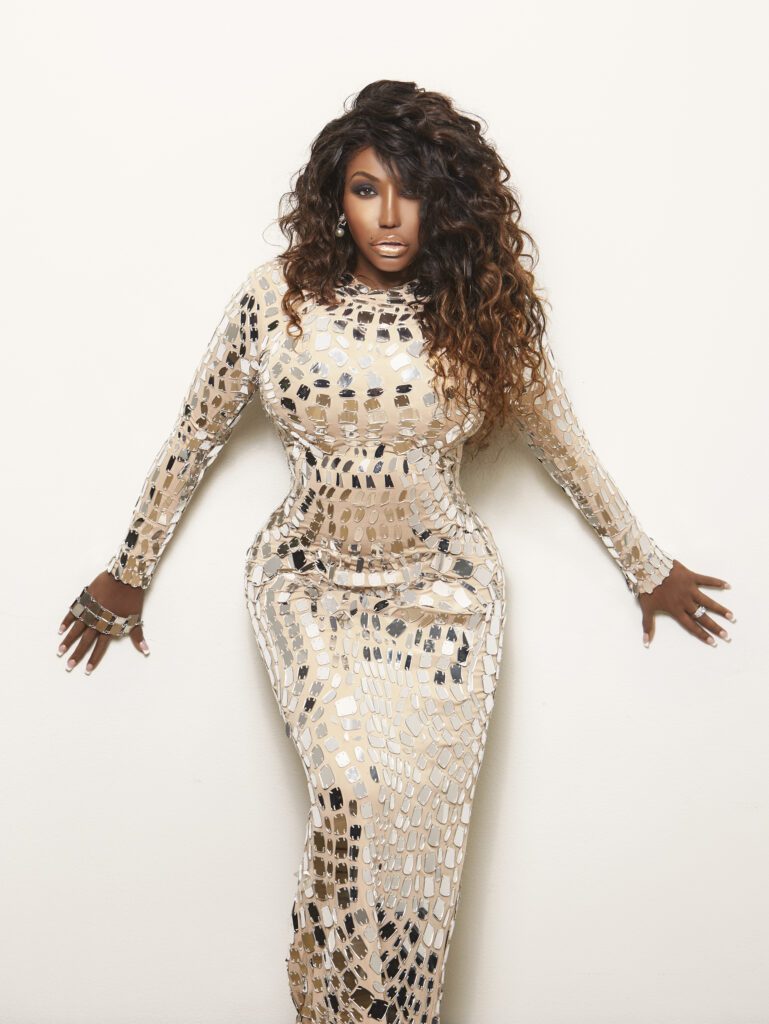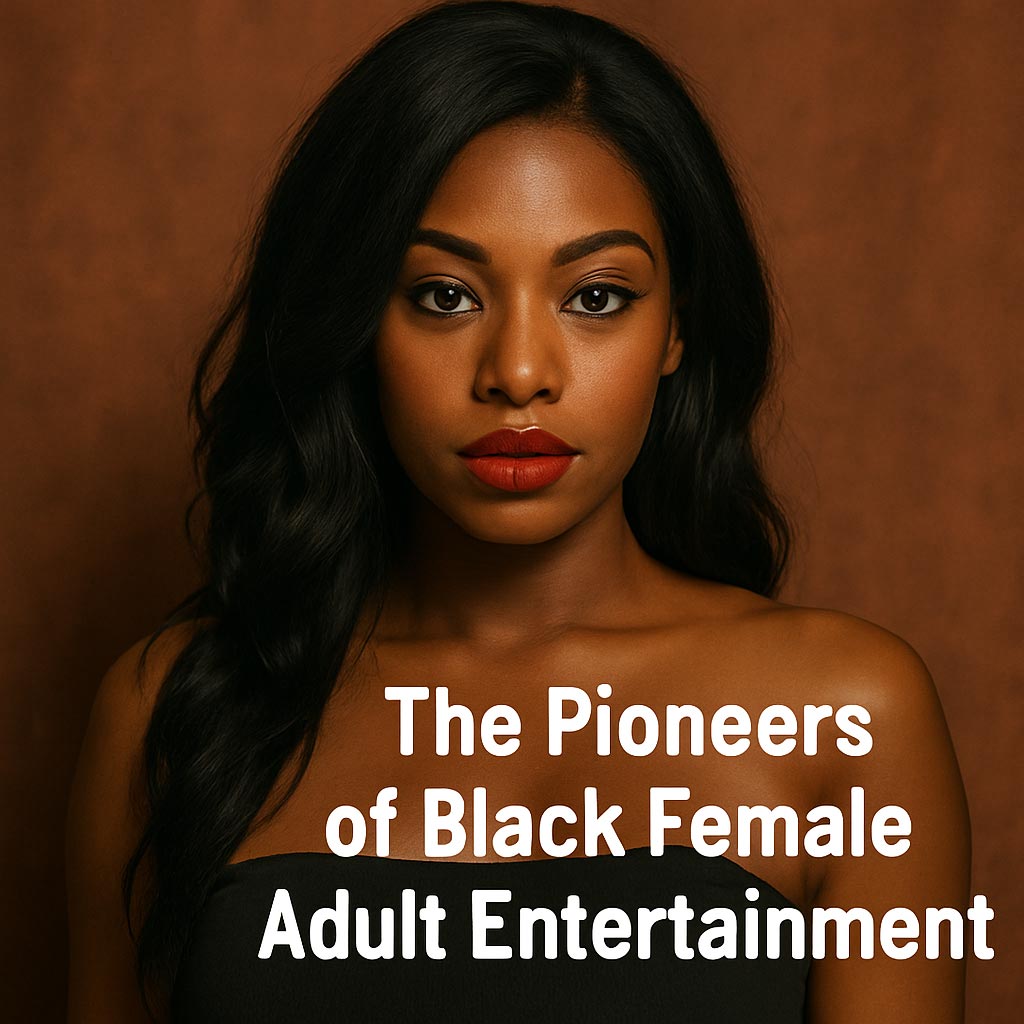Like many facets of popular culture, the adult entertainment industry has long reflected broader social dynamics related to race, gender, and power. For Black women, this has meant navigating a space filled with stereotypes, marginalization, and exclusion, even as they contributed meaningfully to the industry’s growth and evolution. Despite these challenges, numerous Black female performers have broken barriers, defied expectations, and created legacies that still resonate today.
This article highlights some of the pioneering figures in Black female adult entertainment, examining not only their contributions but also the cultural and historical context in which they rose to prominence.
The Early Trailblazers: Jeannie Pepper and Heather Hunter

One of the first widely recognized Black female adult stars was Jeannie Pepper, who began her career in the 1980s. At a time when opportunities for Black performers were even more limited than today, Pepper carved out a space for herself with charisma, talent, and resilience. She was among the first Black women to be inducted into both the AVN and XRCO Halls of Fame, a testament to her enduring influence in the industry.
Following closely was Heather Hunter, often called the “first Black crossover star.” Starting her career in the late 1980s, Hunter quickly became one of the most recognizable names in adult film. What set her apart was her success not only in adult media but also in mainstream ventures such as music, visual art, and literature. Her ability to cross into pop culture spaces symbolized a shift in public perception of adult performers and made her a groundbreaking figure for Black women in entertainment.
The 1990s and the Rise of Black Stardom
The 1990s saw an increase in visibility for Black adult actresses, but the roles and representation were still heavily shaped by racial tropes. Even so, performers like Dominique Simone, Chocolat, and Ebony Ayes rose to prominence. Dominique Simone, with her magnetic screen presence, became a fan favorite and starred in dozens of films during her career. She brought a softness and glamour that challenged the industry’s often stereotypical portrayal of Black women.

While these stars found success, they often had to work within narrow boundaries set by predominantly white producers and directors. The term “interracial,” for example, became a label often used in scenes involving Black performers, reducing their work to a racial spectacle. Still, the visibility these women achieved helped set the stage for future progress.
The 2000s: Expansion and Entrepreneurship
As the internet began to reshape the adult industry, Black actresses started finding new avenues for exposure and income. Jada Fire, one of the most recognized Black adult actresses of the 2000s, capitalized on this shift. With a commanding on-screen presence and exceptional performance skills, Jada earned numerous awards and accolades, including being inducted into the AVN Hall of Fame.
Jada Fire wasn’t just a performer; she was a brand. She understood the importance of connecting with audiences and built a loyal fanbase that extended well beyond the screen. In many ways, her success signaled a new era where Black actresses could claim more control over their careers and image.

Alongside her was Vanessa Blue, another pivotal figure who transitioned into directing and content production. By moving behind the camera, Vanessa challenged the industry’s norms and added a vital Black female perspective to adult film narratives. Her work as a director is credited with helping to diversify content and provide more nuanced portrayals of Black sexuality.
The 2010s and the Power of the Internet
With the rise of social media and platforms like OnlyFans, performers began to bypass traditional studios altogether. This was especially empowering for Black women, who had historically been marginalized by the mainstream adult industry. Ana Foxxx, one of the most influential Black adult actresses of the 2010s, utilized these platforms to build a brand centered on empowerment, elegance, and professionalism.
Ana Foxxx’s approach to her career highlighted a shift in how Black women were choosing to represent themselves: not as niche performers but as multifaceted artists and entrepreneurs. Her presence in both mainstream productions and independent spaces showcased the growing flexibility of career paths in adult entertainment.
Current Voices and Emerging Icons
In recent years, performers like Scotty P, Brittany Black, and Aryana Starr have joined the ranks of Black women shaping the future of adult entertainment. These women are not only performers but also businesswomen, educators, and activists. They use their platforms to speak on racial inequities in the industry, push for better representation, and mentor newer performers.
Moreover, the creation of Black-owned production companies and platforms has provided a much-needed alternative to the white-centric status quo. Performers are now telling their own stories, directing their own scenes, and redefining what it means to be a Black woman in adult film.
Overcoming Stereotypes and Creating Space
A recurring theme in the stories of these pioneers is the ongoing battle against stereotype. Black women in adult entertainment have long been subject to hypersexualized, aggressive portrayals rooted in historical tropes dating back to slavery. The “Jezebel” stereotype, which paints Black women as inherently promiscuous, has long been used to justify both exploitation and exclusion.
What makes the work of these women so powerful is their refusal to conform to those roles. Through creative control, advocacy, and sheer talent, they have challenged industry norms and redefined beauty, sexuality, and professionalism in adult entertainment.
The Legacy and the Future
The impact of these pioneering Black women cannot be overstated. They laid the foundation for a new generation of performers to step into the industry with more autonomy, visibility, and dignity. While racial disparities still exist—from pay gaps to casting inequities—the progress made thanks to these trailblazers is undeniable.
As we move forward, the hope is that the industry continues to evolve in ways that are inclusive, equitable, and representative of the diverse audiences and performers it serves. Black women in adult entertainment have always been a vital part of the industry; it’s time they are equally valued, respected, and celebrated.
Their stories are not just about adult film—they are about resistance, artistry, and the ongoing fight for visibility in a world that too often overlooks them. These pioneers have broken barriers not just for Black women in adult film, but for all performers demanding space, respect, and recognition.










